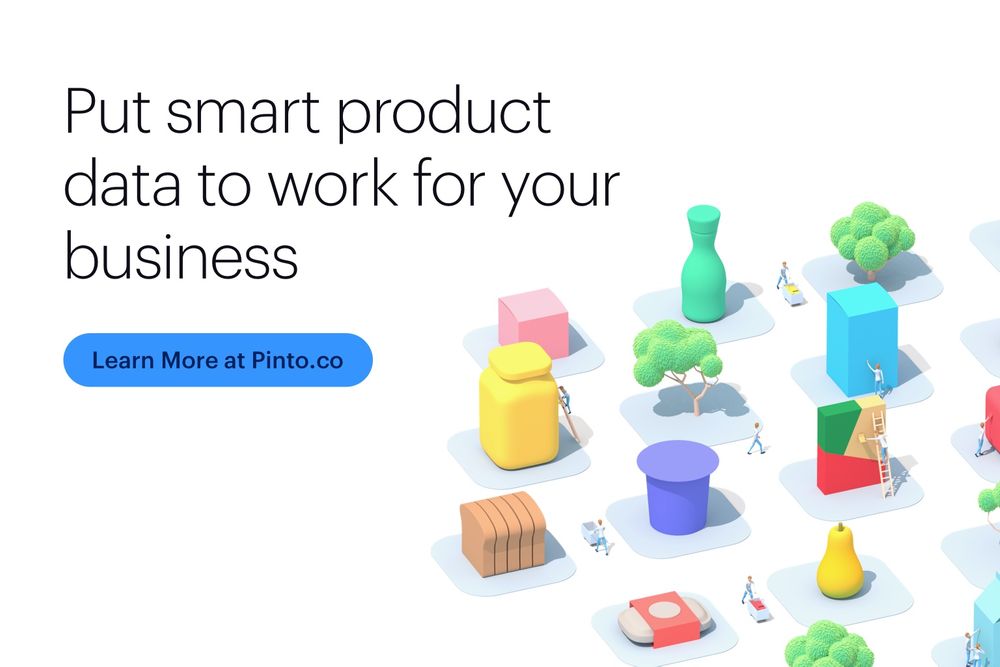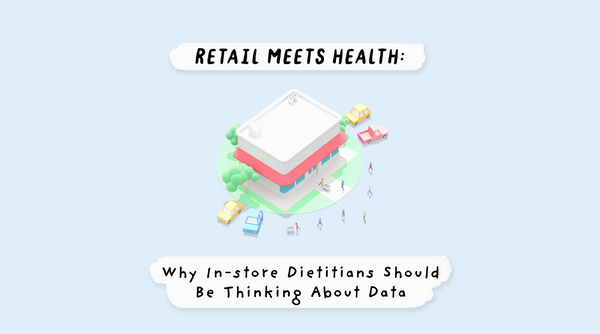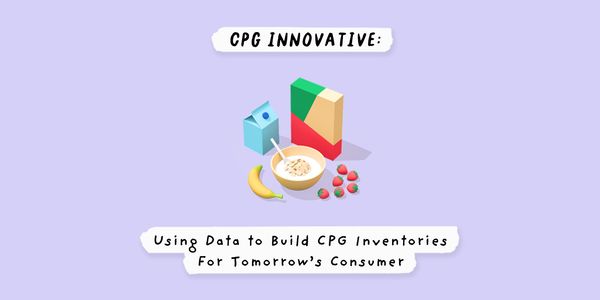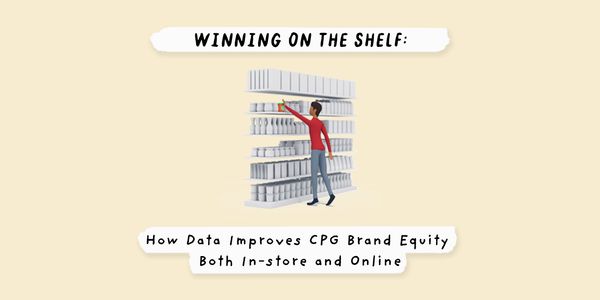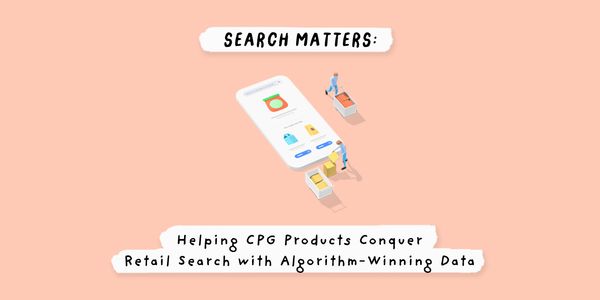A brief look
- 121.5-million Americans have cardiovascular disease; that’s almost half of the U.S. adult population. 1 in 7 adults in the U.S. (37 million) have Chronic Kidney Disease (CKD). Diabetes affects 34.2-million people in the country.
- To keep up with evolving customer health concerns, in-store dietitians need complete and nuanced data on their product inventories that are instantly accessible and searchable across so many health needs.
- Building a strong health and wellness program powered by data can help dietitians develop relationships and loyalty with these health-driven customers.
Dive deeper
Consumers are increasingly looking to in-store dietitians to help plan out their product purchases, meals, and create diet plans that meet specific health goals. There are more people than ever seeking this type of guidance, and their health conditions and goals can vary quite widely.
Chronic kidney disease (CKD), for example, affects nearly 37 million Americans each year. 121.5 million American adults have been diagnosed with cardiovascular disease. And, just over 1 in 10 Americans, or 34.2 million people, have diabetes. Customers affected by these health conditions may need a diet low in salt, added sugars, certain types of fat, or a selection that is rich in whole foods and certain key micronutrients. There is no one-size-fits-all solution, and it depends on the individual and their unique health needs and goals. These specific concerns can make tailoring diet plans challenging for in-store dietitians. Without a detailed data program to guide them, dietitians are left sorting through thousands of product listings and risk missing valuable information on which food choices might be best for their customers.
Similarly, customers are losing out on important information regarding the products that are available to them. Having data-backed tools to understand and find products across varying health needs and goals is critical for these dietitians to cater to their health-driven customers.
Why In-Store Dietitians Need Accurate Data
In-store dietitians are a valuable resource for large grocery retailers, allowing in-house, personalized nutritional insights to be shared with everyday customers. As more and more Americans look to shop for healthful products, the role of these dietitians will only become more important.
Currently, many in-store dietitians have the complex job of wading through enormous grocery inventories when they are assisting customers with their individual health goals and needs. If a customer wants help creating a diabetes-friendly shopping list or is looking for products that fit a healthy plant-based diet, the dietitian has a complicated task. They must either rely on their knowledge, which might exclude new or updated products or conduct lengthy research based on the customer’s individual needs.
Moreover, if a household has multiple health conditions, such as a wife with diabetes and a husband with CKD, the task is increasingly difficult for the dietitian. These ‘stacked’ health conditions are becoming more common every year, and the need for tailored diet-plans is high.
Dietitians and retailers want to know the full range of options available to each shopper so that they can give them more variety regarding personalized health needs. A data-rich platform is needed to allow dietitians to search and find products across specific dietary requirements and access more consistent and reliable information overall.
These data platforms offer a great benefit to consumers and retailers as they elevate much-needed health services and keep up with changing diets. It also allows dietitians to play a bigger role in building relationships with customers and, in turn, contribute to establishing strong brand loyalty to the retailer.
The Demand for In-Store Health Plans
Personalized health plans and shopping guides can do much more than simply give consumers information on product facts. They can also help individuals make clear, progressive steps towards selecting optimal products and living a healthier lifestyle.
One simple example of this kind of personalized planning at work is Kroger’s OptUP program, which Pinto powers. OptUP provides complete product information, personalized product searches according to medical conditions, recommendations, and product scoring that helps customers make healthier choices in and out of the store.
Through OptUP, customers can shop for specific diets, such as paleo, vegan, keto, and more, select better-for-you products, as well as avoid certain ingredients like dairy, sugar, or gluten. OptUP also gives customers the ability to track their habits over time, offering an invaluable resource for the in-store dietitians navigating their cases. They even have the ability to work on their personal nutrition goals remotely, all under the guidance of their dietitians.
This is an invaluable resource for dietitians who are looking to customize health plans and shopping guides for their customers. The ability to track data, see nutrition scores, and understand individual habits goes a long way in managing dietary needs. With consistent updates to product inventories, this program also opens up new purchasing opportunities and product options for dietitians to recommend.
Apps like OptUP give consumers direct dietitian support on a simple and navigational platform. Likewise, by digging into American consumers’ data, dietitians will have better insights into what the future of American nutrition looks like, how they can adapt to it, and how they can better serve their customers.
As more and more Americans make their health a priority, the task falls onto retailers to ensure that in-store dietitians are well-prepared for future health needs. By providing better data, product variety, and increased consumer support, retailers will pave the way for a future of empowered health-driven shopping.
Letting Data Do the Work
Building a strong health and wellness program powered by data and personalized shopping can help grocers develop relationships and loyalty with health-driven customers. It takes the burden off both the dietitian and the consumer and creates a strong foundation for further nutritional education.
Moreover, it’s important that in-store dietitians have all of the necessary tools to assist their customers. Wading through messy and complex product data is simply inefficient, and there is an opportunity for a more organized, comprehensive way of looking at grocery data.
With nuanced data and a powerful product search platform, dietitians can create smart shopping lists across a wide array of individual health requisites, recommend healthier alternatives, account for multiple health conditions, and help consumers build healthy meal plans and recipes. They also have the opportunity to become an integral part of the retail team through their data-driven health plan methods.
This customer-first approach to data emphasizes personalized health. In addition, the data platform is structured around understanding products and meals down to very specific dietary needs that other platforms simply don’t cover. For an in-store dietitian, this is an invaluable resource that simplifies the shopping process while also giving customers the agency to continue the process on their own terms.
